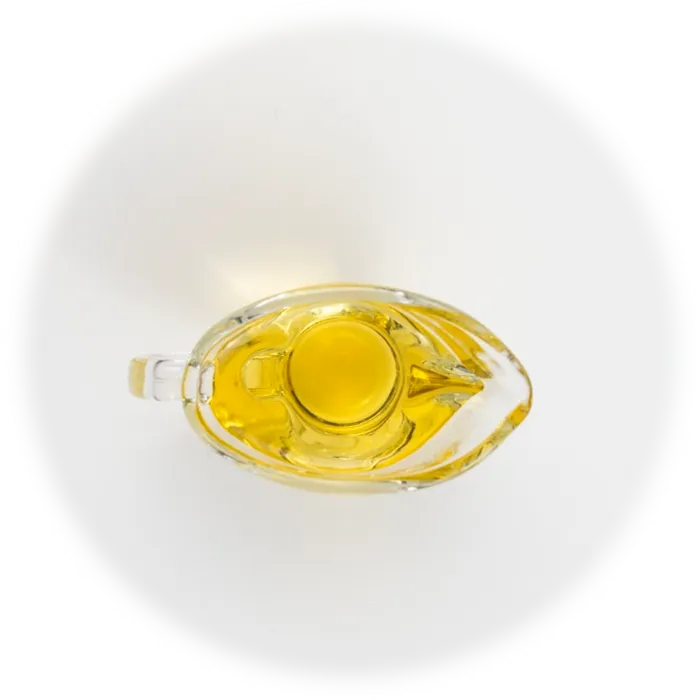
Nutritional properties of Cod Liver Oil
Energy :
902.00 Kcal / 100g
Category : Oils and Fats
Group : Animal Fats & Oils
Composition And Nutritional Value :Cod liver oil is a supplement derived from the liver of codfish, and it is rich in omega-3 fatty acids, particularly eicosapentaenoic acid (EPA) and docosahexaenoic acid (DHA). It is also an excellent source of fat-soluble vitamins, especially vitamins A and D. In addition to omega-3s, cod liver oil contains a small amount of omega-6 fatty acids, as well as some natural antioxidants. The nutritional composition can vary based on the processing method and the source of the cod. Cold-pressed, high-quality cod liver oil tends to retain more of its natural vitamins and nutrients. Cod liver oil is also a source of cholesterol, which is important for cell membrane integrity and the production of certain hormones.
Health Benefits : Cod liver oil offers a range of health benefits, largely due to its high concentration of omega-3 fatty acids and vitamins A and D. Omega-3s in cod liver oil help reduce inflammation, improve heart health by lowering triglycerides, and support cognitive function. The vitamin A content contributes to healthy vision, skin, and immune function, while vitamin D plays a crucial role in bone health, immune system regulation, and mood stabilization. Regular consumption of cod liver oil has been associated with reduced risk of heart disease, improved brain health, and enhanced joint health. It may also support skin conditions such as eczema and acne, and help reduce symptoms of depression.
Culinary Uses : Cod liver oil is primarily consumed as a dietary supplement and is not commonly used as a cooking oil due to its strong, fishy flavor. However, it can be added to smoothies, salad dressings, or beverages to mask the taste. Some people also use cod liver oil in recipes for homemade health supplements or skin-care products. The oil is available in both liquid and capsule forms, with the liquid form often being preferred for easier dose control, while capsules offer a more convenient and tasteless option. Cod liver oil is traditionally consumed in Scandinavian countries as a health tonic, and some cuisines incorporate it into recipes for its nutritional value.
Types : Cod liver oil is available in several forms: liquid, softgel capsules, and emulsified preparations. The liquid form allows for easy incorporation into smoothies, juices, or other beverages, but it has a strong taste that might not be palatable for everyone. Cod liver oil capsules provide a tasteless and convenient option, especially for those who want to avoid the flavor. Some cod liver oils are emulsified to improve absorption and reduce the fishy aftertaste. When purchasing cod liver oil, it is important to choose high-quality, purified versions that are free from contaminants like mercury and PCBs.
Shopping And Storage Tips : When buying cod liver oil, look for products that are made from high-quality, sustainably sourced cod, and ensure that the oil has been purified to remove any harmful contaminants. Choose a product that is free from artificial additives and preservatives. Store cod liver oil in a cool, dark place, and refrigerate it after opening to extend its shelf life. It is important to check for any off smells or rancidity before consuming cod liver oil, as fish oils can spoil if exposed to heat, light, or air for too long. Always adhere to the expiration date for optimal freshness.
Vitamins / 100g ( µg )
Macronutrients / 100g ( µg )
Minerals / 100g ( µg )

